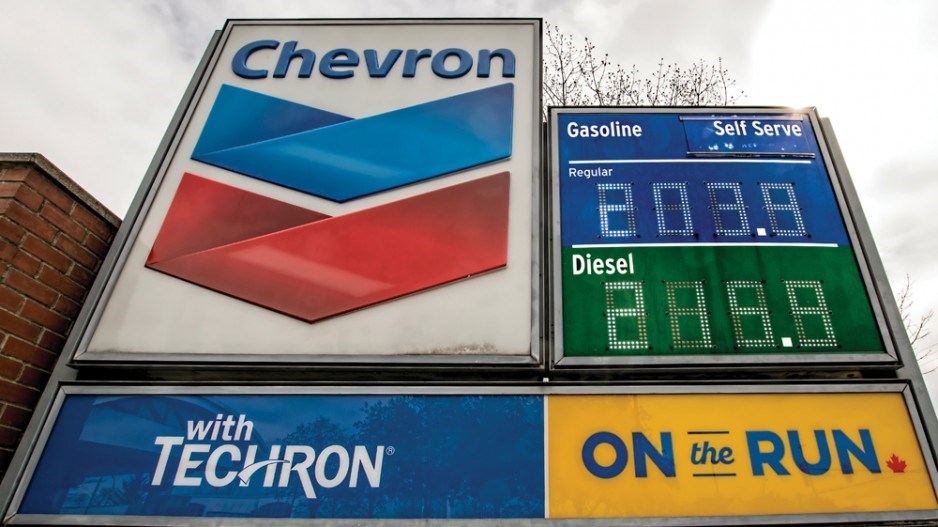British Columbians will soon be paying more to heat their homes, drive to work and buy groceries.
Premier David Eby is hiking the carbon tax paid by sa国际传媒 residents up to on April 1. The price you pay at the fuel pump includes a slew of government taxes. As of April 2023, the cost of the taxes alone imposed on gasoline will cost drivers a total of almost 78 cents per litre in the Lower Mainland.
There are two provincial carbon taxes, adding up to about 31 cents per litre of gas as well as an per litre provincial excise tax. Then there’s the TransLink tax which costs drivers about . On top of the province and TransLink’s take, the federal government also dips its hands into the taxpayer pocket book to the tune of .
Because of Eby’s carbon tax hike, everything will become more expensive in April, adding fuel to the inflationary fire.
Combined, the two provincial carbon taxes make for the highest carbon tax in sa国际传媒, with no rebates for average working people. sa国际传媒 carbon tax will cost people about 31 cents per litre of gasoline and about 36 cents per litre of diesel.
The provincial carbon taxes will cost about to fill up a minivan and about every time you fill up a light-duty pickup truck.
Filling a heavy duty diesel pickup truck will cost and the big rig trucks that deliver nearly everything we use will cost more to fill up.
That’s just the provincial carbon tax take. That’s apart from the provincial excise tax, municipal transit taxes and federal taxes that you also pay at the pumps.
Imagine a family in Abbotsford. Mom works in town and Dad is a contractor who has to drive all over the Fraser Valley to job sites. The family has two kids in school and the parents fill up their vehicles once a week.
That family is paying about $230 per month just in the two provincial carbon taxes to get to school and work. Over a year that will cost them about $2,700.
This isn’t counting the rising cost of the family’s groceries which is made worse because the trucker delivering food to the store has to pay $163 extra to fill the diesel tanks.
The carbon tax makes home heating cost more too.
The average sa国际传媒 home uses about of natural gas per year. On average, it costs about $227 extra per year to heat a home because of the carbon tax.
The carbon tax will soon cost 10 cents per litre of propane, so if you’re living rurally up past Quesnel and you rely on propane to heat your home, it will cost more for the year.
If you think this financial punishment is making sa国际传媒’s emissions go down, there’s bad news. Other than a dip in the year 2020 when most folks were told to stay home, sa国际传媒’s emissions have been despite having the highest carbon taxes in North America.
While some people in other parts of sa国际传媒 get some crumbs back from the federal carbon tax, average working people in sa国际传媒 get nothing.
By the time a working couple makes per year, they typically get zero dollars back in the rebate. An average family earns about in sa国际传媒, so these rebates do nothing for average folks.
The NDP government fancies itself champions of affordability and they used to fight against the carbon tax. They campaigned to “,” and called the carbon tax “.”
Today, sa国际传媒 is one of the to live on Earth, and the NDP government’s two huge carbon taxes are some of the big reasons why.
Carson Binda is the sa国际传媒 director and Kris Sims is the Alberta director for the Canadian Taxpayers Federation.



